Tunisians call for democratic return after Saied’s seizure of electoral commission
Thousands of Tunisians have taken to the streets of the capital Tunis to voice opposition to President Kais Saied’s decree to replace members of the independent electoral commission with people he named himself, and to reiterate their demand for a return to the normal democratic rule.
People taking part in the Sunday’s protest chanted slogans such as "The people want democracy" and "Saied has led the country to starvation".
"We shall overcome," and "We are united, not divided," read banners of the National Salvation Front protesters who gathered in front of the municipal theater on Bourguiba Avenue, a traditional hub of demonstrations in central Tunis, AFP reported.
"The people want... respect for the constitution and a return to democracy," they chanted.
Veteran opposition figure Ahmed Nejib Chebbi announced the formation of the new alliance on April 26 to "save" Tunisia from deep crisis following Saied's power grab last year.
"It has become clear that the street supports a return to the democratic path," Samira Chaouachi, the deputy leader of the dissolved parliament, said.
Saied dissolved the country’s parliament last March, eight months after suspending it in a July power grab.
In July 2021, the president dismissed Prime Minister Hichem Mechichi and suspended parliament for 30 days. The Tunisian president said at the time that his decision was meant to "save Tunisia, the state, and the Tunisian people," in the midst of growing public anger and protests against the government's handling of the COVID-19 pandemic. His opponents have slammed the move as a "coup" and rights groups have warned that the country – the only democracy to emerge from the Arab Spring uprisings – could be sliding back into autocracy.
Nearly two months later, Saied appointed Najla Bouden Romdhane, a little-known university professor, as the country's prime minister.
Saied's seizure of power initially appeared to win broad support among Tunisians amid an economic and the public health crisis, but it later caused growing opposition, even from major domestic players who were initially supportive.
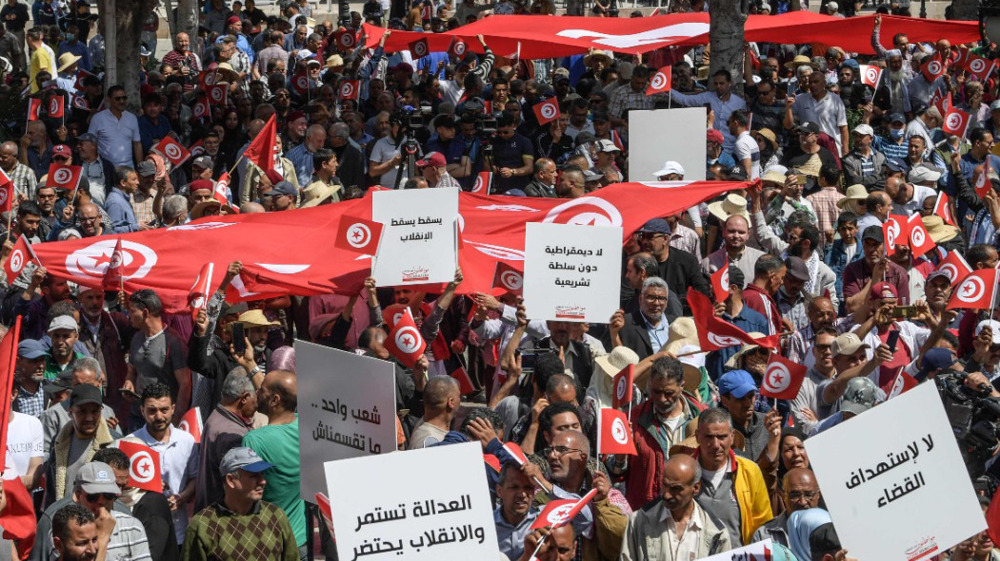
Saied's measures have thrust Tunisia into its biggest political crisis since the 2011 uprising, threatening the rights and freedoms won 11 years ago.
Saied has also dissolved the country's main legal watchdog, the Supreme Judicial Council, which guaranteed judges' independence, and replaced the independent electoral commission.
"Our peaceful resistance will continue in the street until we restore our freedom and democracy," Tijani Tizaoui, a private sector employee who took part in the Sunday’s demonstration, said, noting that he had been imprisoned before the revolution for protesting.
"Tunisians refuse the unilateral change of the electoral system... Tunisians are here to reject Saied's referendum," said Nejib Chebbi, a veteran politician at the protest, referring to a referendum on Saied’s new constitution.
The 2014 constitution was the result of intense negotiation among political parties and civil society bodies, but Saied has rejected calls for a similar inclusive dialogue, saying those who opposed his measures should be banned from discussion on Tunisia's future.
Saied, elected in late 2019, has been accused by his opponents of orchestrating a new dictatorship, a decade after the 2011 revolt that overthrew long-time ruler, Zine El Abidine Ben Ali.
Normalization increases cost of defeating Israel, Yemeni leader warns
Activists announce 'Freedom and Sumud Flotilla' to challenge Gaza blockade
VIDEO | Rome residents demand end to ties with Israeli firms
VIDEO | Pakistan Senate condemns ‘hexagon of alliances’ as Indian PM visits Israel
VIDEO | Founder of French pro-Palestine NGO appears before court
VIDEO | Modi’s Israel visit sparks opposition, domestic backlash
VIDEO | Continuous war on media in occupied West Bank
Kabul rocked by explosions as Pakistan launches airstrikes



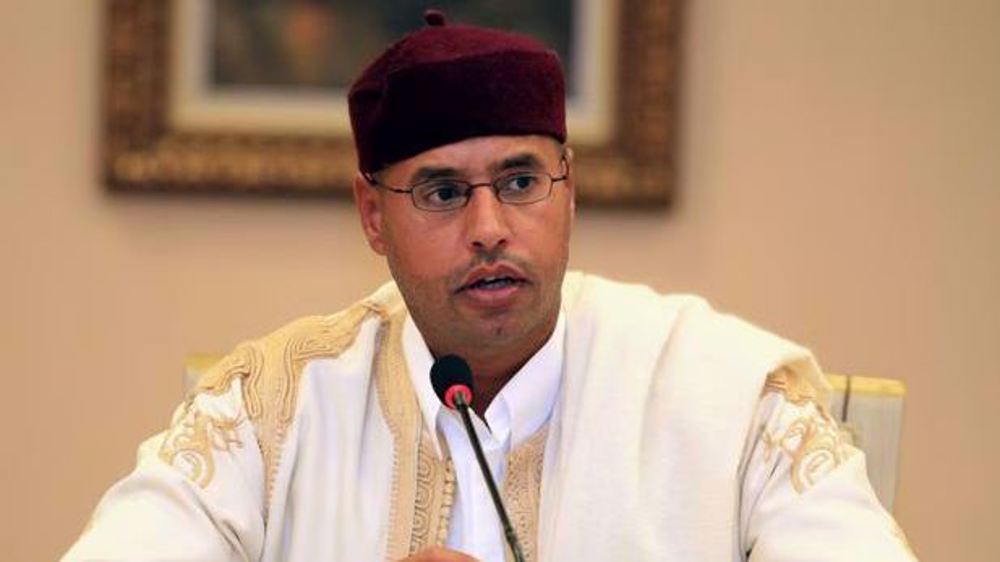
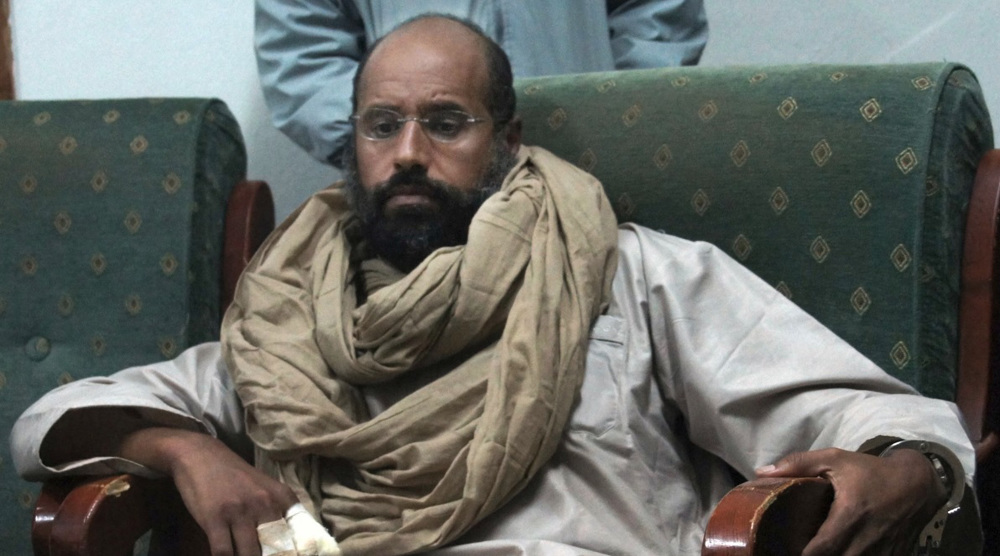



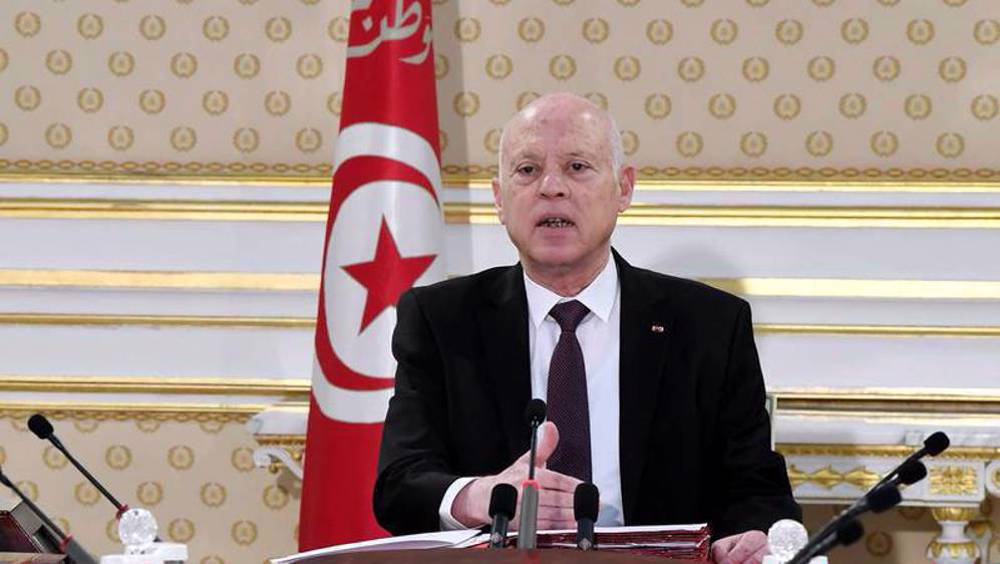
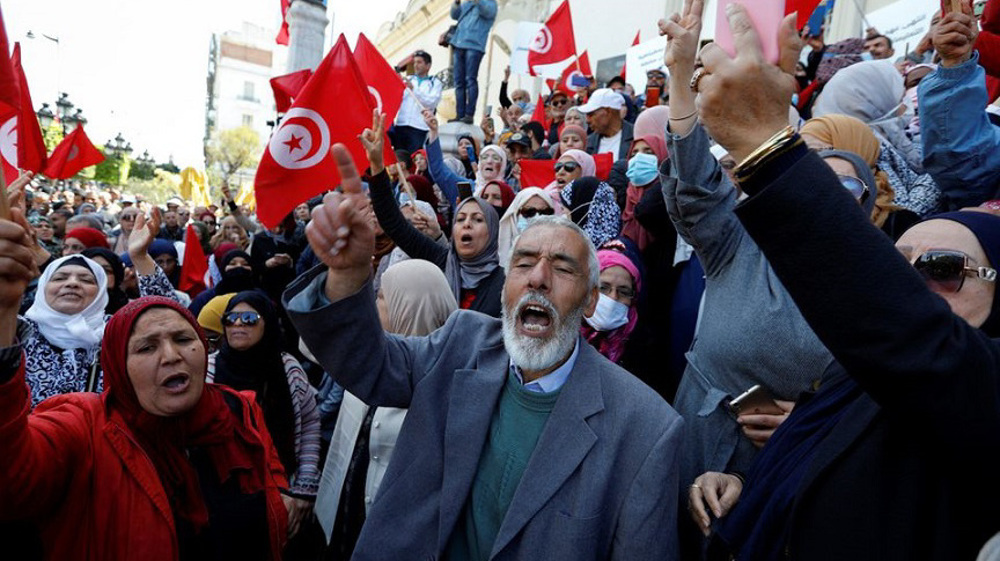
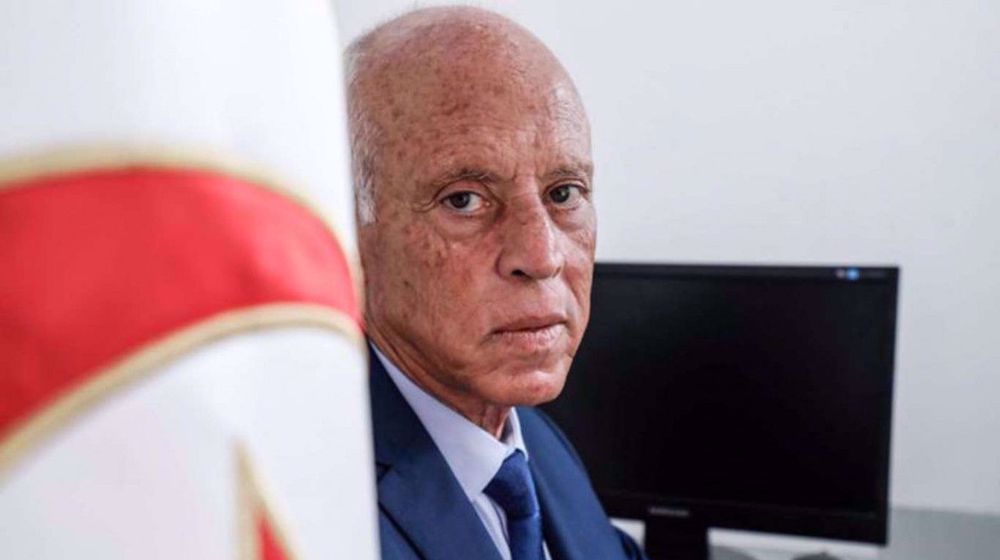
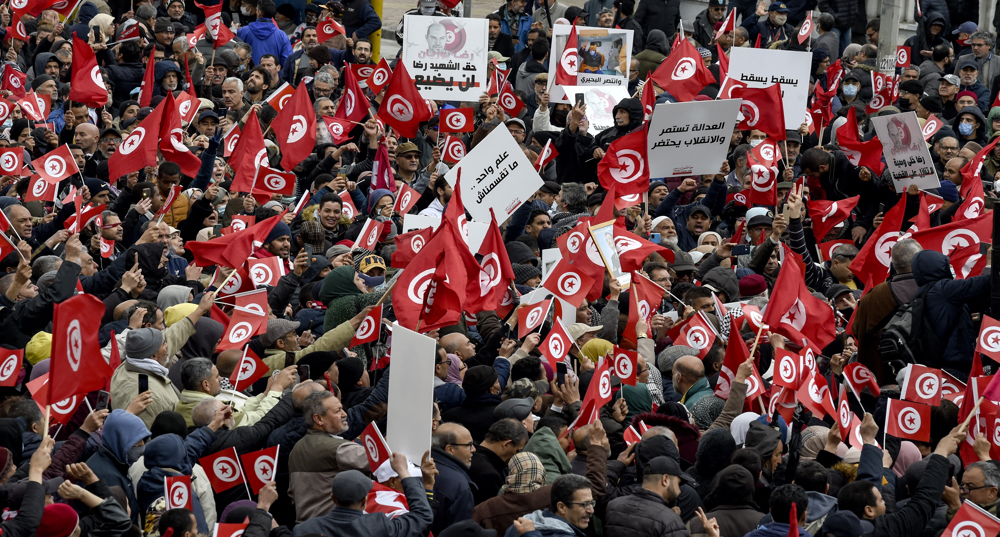

 This makes it easy to access the Press TV website
This makes it easy to access the Press TV website